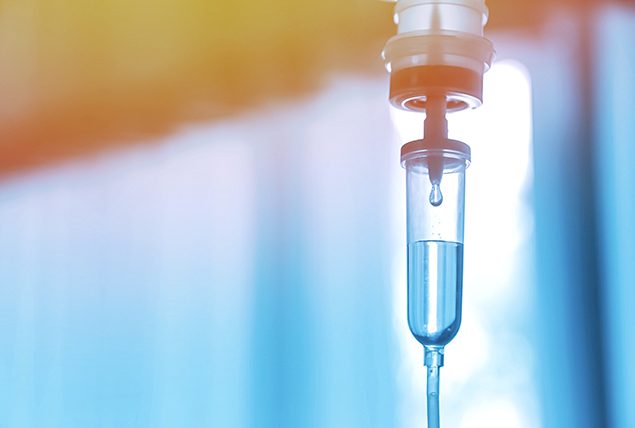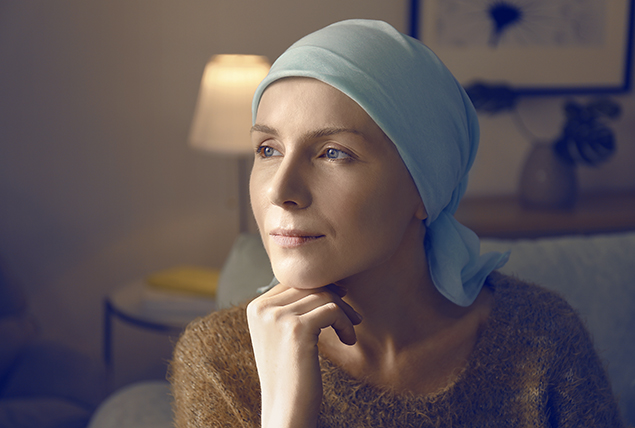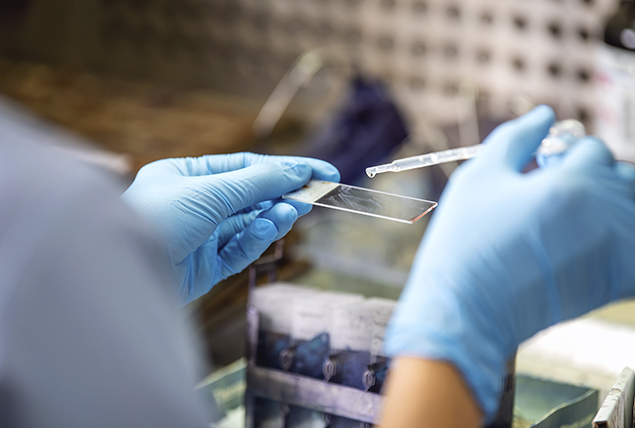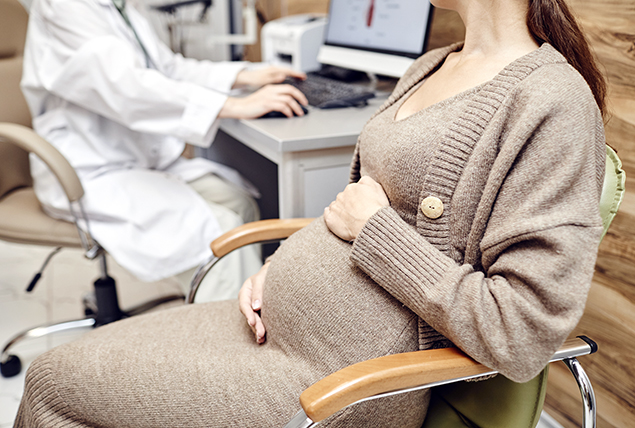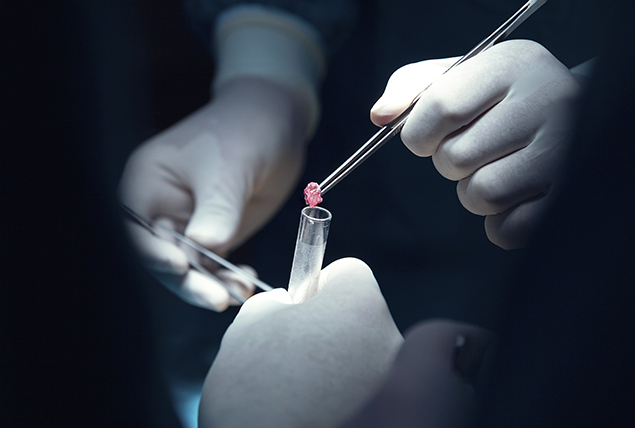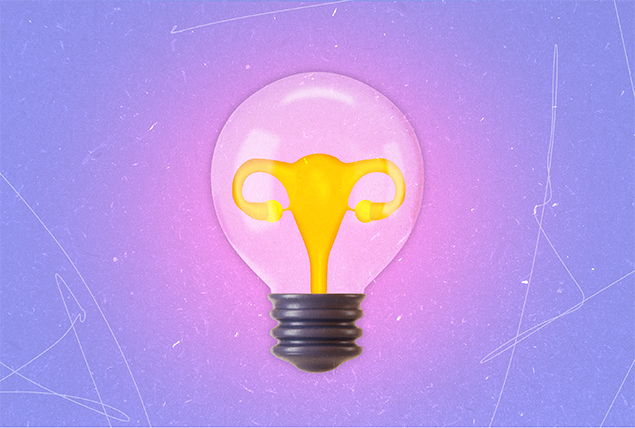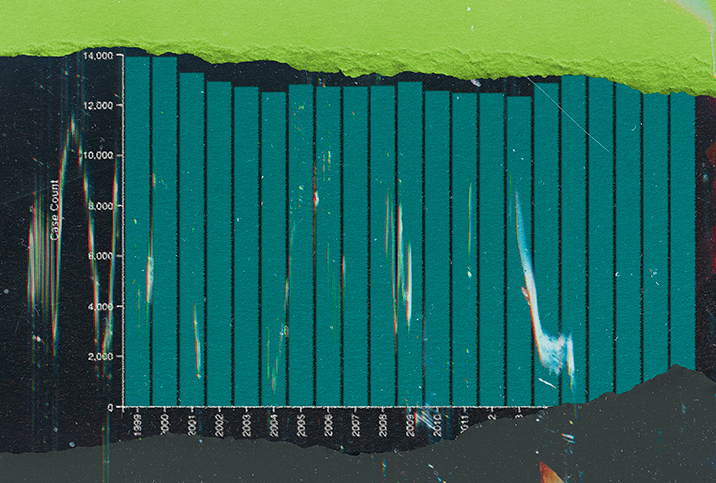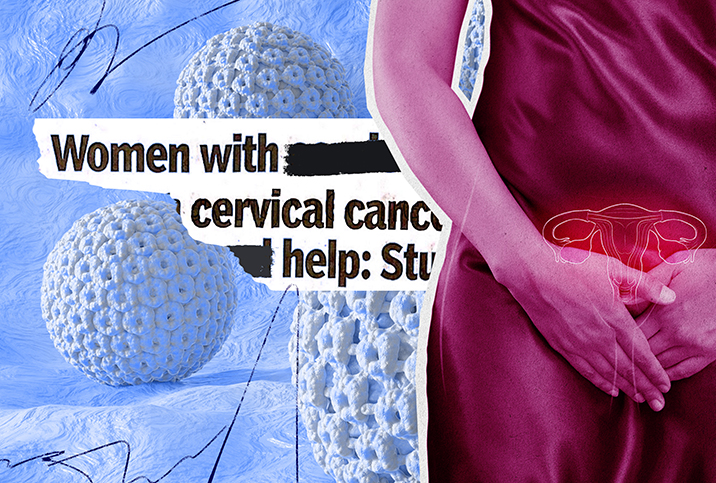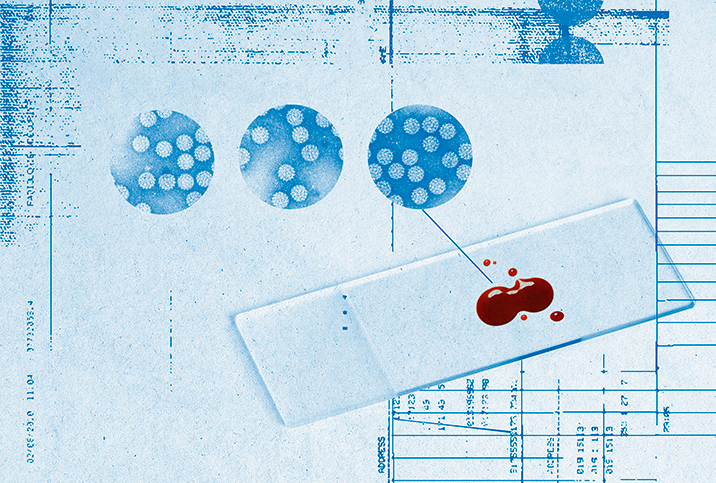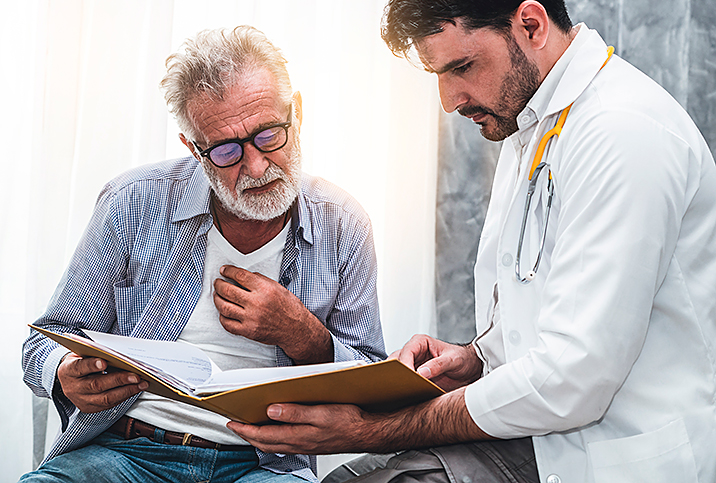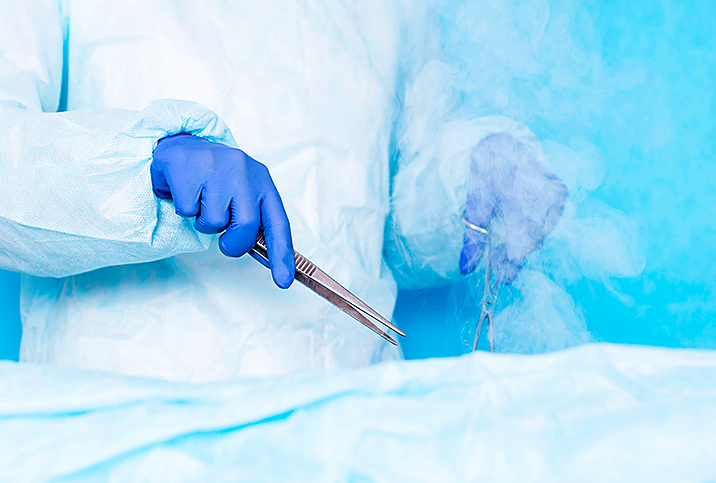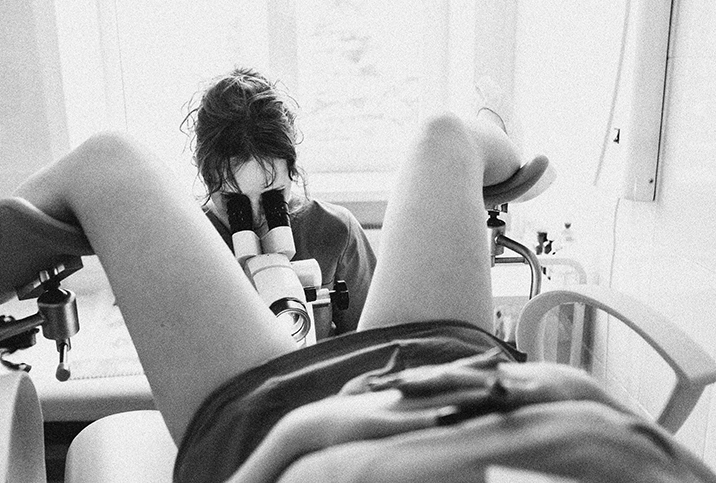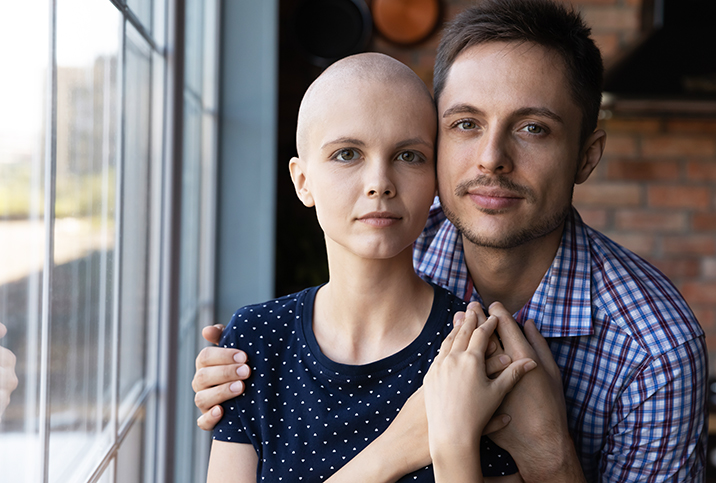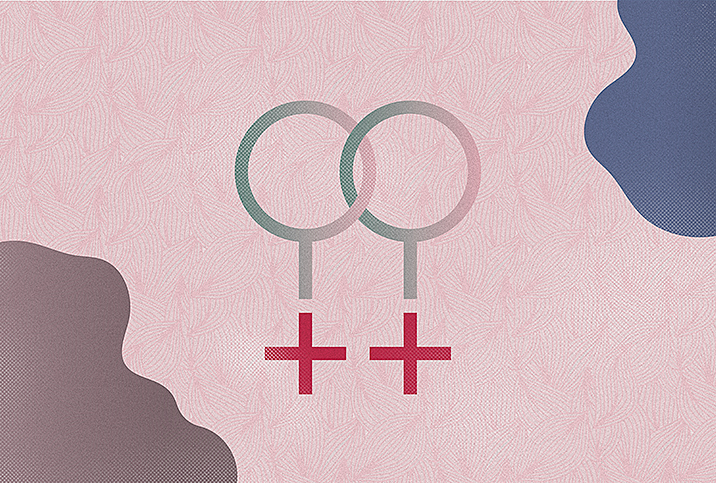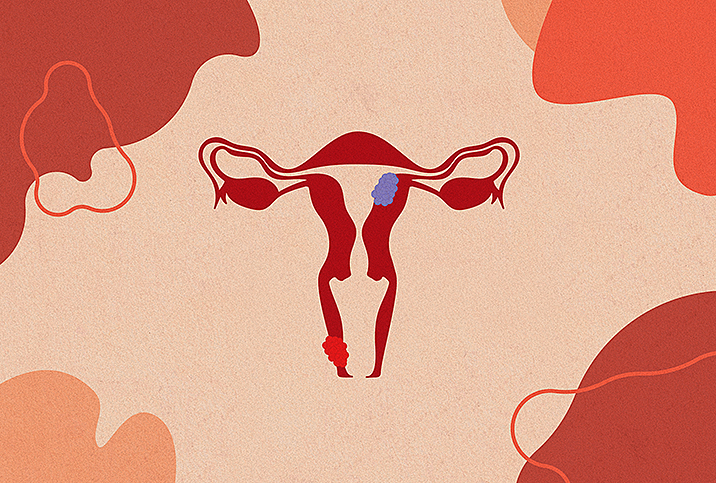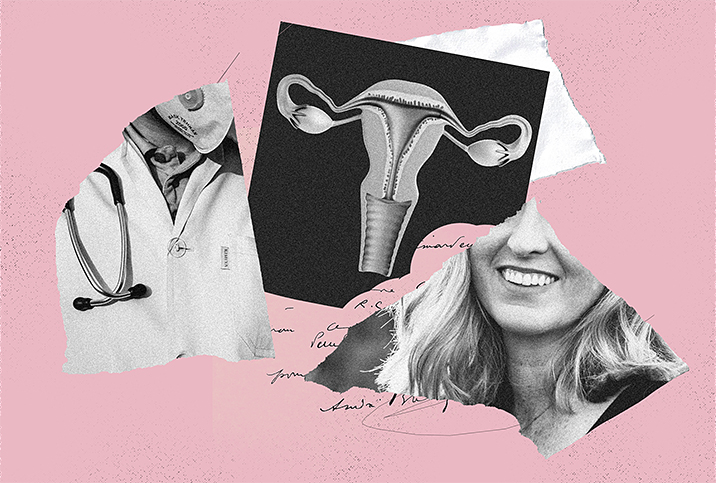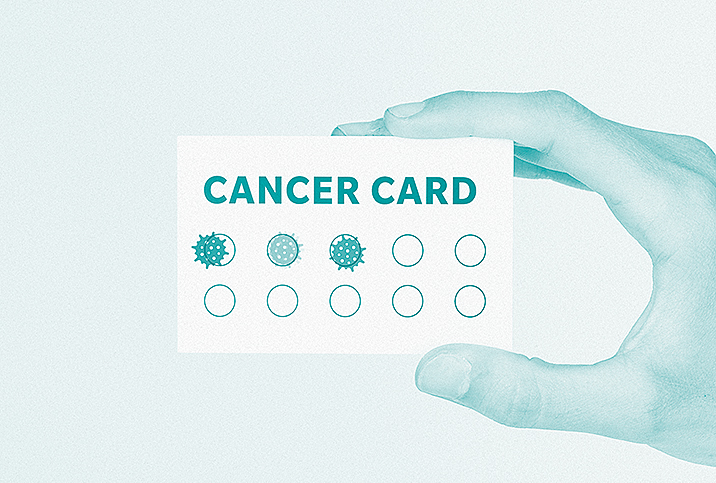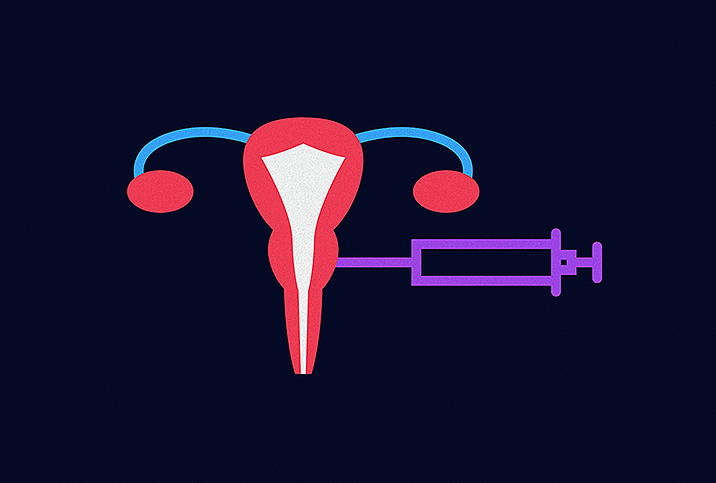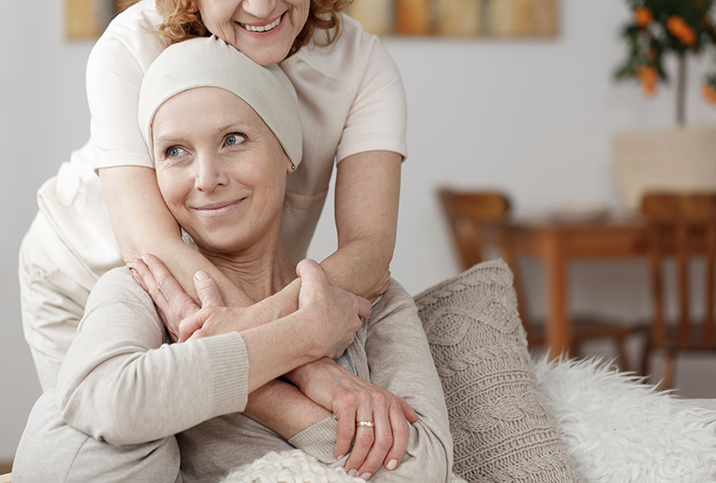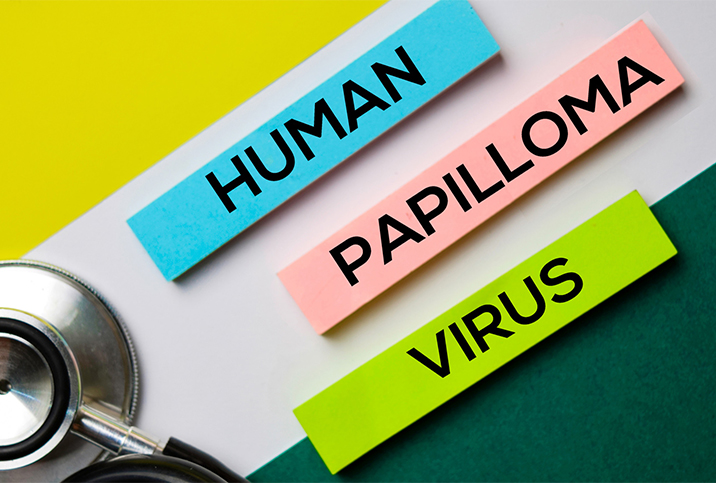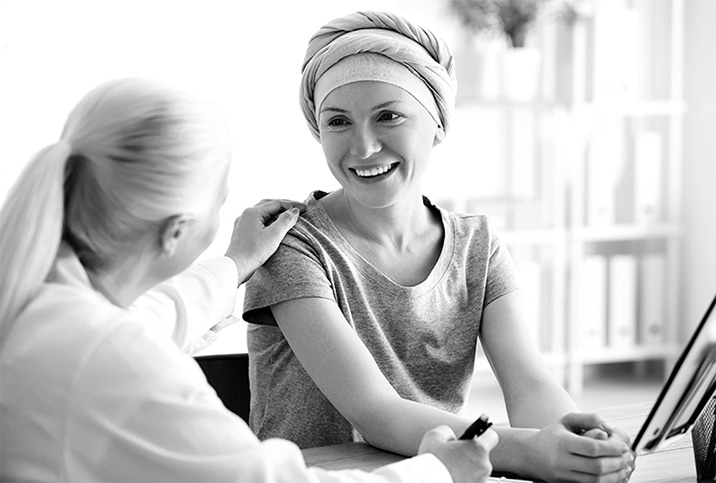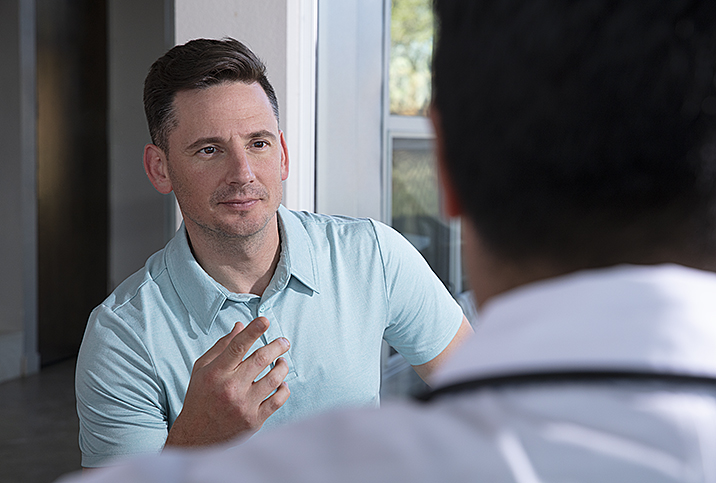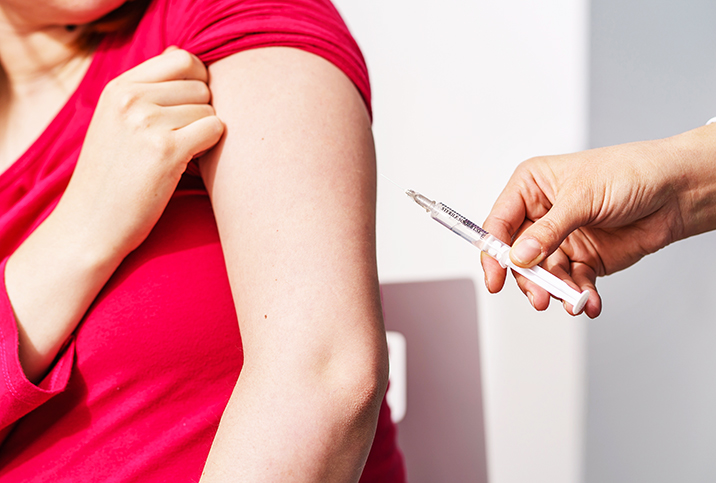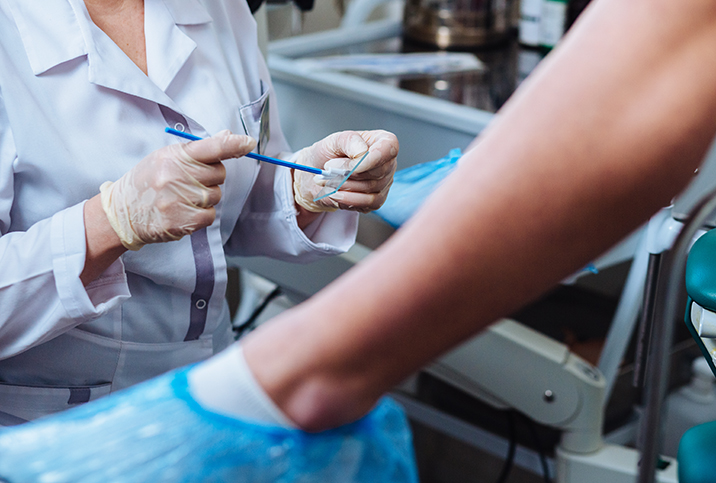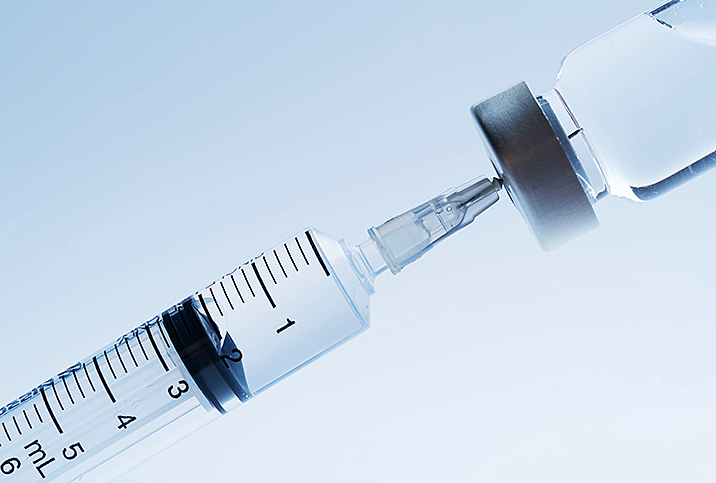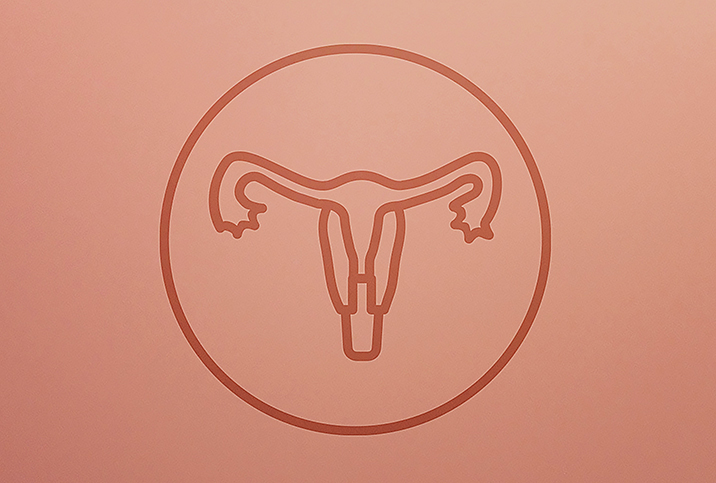A 2023 study suggests short courses of induction chemotherapy could improve outcomes.
By Kate Daniel
Early detection can increase your survival rate—so what symptoms should you watch for?
Statistics aren't definitive when it comes to cancer. Learn the nuance behind the numbers.
By Helen Massy
Statistics aren't definitive when it comes to cancer. Learn the nuance behind the numbers.
By Helen Massy
The disease's growth is slow. Regular Pap smears should detect it early—if you get them.
By Helen Massy
It's rare, but knowing the treatment options can help you better decide your course of action.
Doctors have three options—you'll receive one or a mix, depending on the stage.
This important part of the anatomy is integral to menstruation and reproduction.
By Alex Denny
This important part of the anatomy is integral to menstruation and reproduction.
By Alex Denny
Did you know that some people may be more at risk of certain cancers than others?
By Meg Walters
…and maybe a few things you did know about human papillomavirus, an extremely common STI.
By Lauren Dodd
Here's a guide to what you need to know. The first priority is screening.
New research highlights a possible gap in screening for the disease in the 65-plus population.
By Lauren Dodd
You can pass the infection to your sex partners even if you have no symptoms.
By Reniel Anca
These exams may seem intimidating but can be quick and easy. They may also save your life.
These exams may seem intimidating but can be quick and easy. They may also save your life.
The 'why' of the increase is unknown, but a new study shows the need for screening and vaccines.
By Kate Daniel
Most cases are caused by HPV, but a small risk exists for people who aren't sexually active.
A new study reaffirms a strong link between this gynecological cancer and human papillomavirus.
Convenient and noninvasive, a new diagnostic test for cervical cancer is on the horizon.
By Helen Massy
Female-to-male patients with cervixes often fall through the gaps for serious health procedures.
By Ella Glover
The test is probably unnecessary, except in a few cases, but don't forget pelvic exams.
If a Pap test reveals abnormal cells, you may undergo a loop electrosurgical excision procedure.
The link between cigarettes and human papillomavirus is more pronounced than you might think.
The position started as a response to health inequities and continues to be important today.
By Rae Nudson
This treatment option may encourage the cervix to produce normal cells.
Giddy talks to executive director Heather White about funding global access to resources.
Americans ages 9 to 26 can be vaccinated against HPV—but what if you're older?
You may experience abnormal or frequent urination—but is it a symptom of a full-blown infection?
When treatment for MS leads to cancer, the compounding effect can seem insurmountable.
By Ally Sweeten
Most cases of the virus are asymptomatic, so how are you supposed to know if you have it?
By Thea Engst
As the original sexual liberation generation ages, learn the link between menopause and HPV.
By Rachel Crowe
Cervical biopsies can be intimidating, but they're very common and usually painless.
Being aware of and prepared for FCR can help you overcome and even avoid this condition.
Once you’ve had time to process the news yourself, you’ll need to decide who to tell.
Learn about the types of vaginal cancer, and the risk factors and symptoms to watch out for.
By Jessy Humann
Cancer treatment comes with severe side effects, but the right tools will help you endure.
Learn about the fertility options available to you after cervical cancer treatment.
Safe sex and regular checkups are crucial, even when a penis isn’t involved.
Learn how to spot these two common types of gynecologic cancer.
Follow these tips to reduce stress after learning about your condition.
By Lynn Braz
Surgery, radiation and chemotherapy save lives…at a price.
No one can prepare for a cancer diagnosis, but there are ways to manage your emotions.
The more readily we all accept the validity of this vaccine, the more lives we will save.
By Eric Schad
Creating a mutual support network is the first step.
All women—and some men—should get this routine check for cancerous cells.
If you're considering this procedure for your reproductive health, here's what you should know.
By Kelly Kling
Don’t let myths about cervical cancer keep you from the routine screenings needed to detect it.
By Sarah Morris
You've conquered cancer. What you have to do now to get your sex life back.
By Kelly Kling
Most people will have HPV in their lifetime, so does telling anyone help?
Reducing your cervical cancer risk factors can improve your chances of survival, and prevent rec
By Holly Ellis
The most common STI in the world could give you cancer, or it could simply disappear.
This cancer warning sign is another reason why you should never postpone your regular Pap test.
Trichomoniasis causes premature labor and low birth rates, but treatment is effective.
By Holly Ellis
HPV symptoms are rarely obvious, so caution and monitoring are crucial to minimize cancer risk.
By Sarah Morris
Post-hysterectomy, careful choices ensure a smooth transition back to your exercise routine.
An understanding of the physical and mental effects of HPV infection will help you manage it.
By David Hopper
It can't be cured, but this common virus doesn't have to negatively affect your life and health.
By David Hopper
Learn what to look for and how to get tested.
These surgeries are just some of the choices to consider after a diagnosis.
For women surviving cervical cancer, pregnancy can still be an option, depending on treatment.
An infection from HPV often clears up on its own, but here's what you can do if it doesn't.
Feeling anxiety over a cervical biopsy? Knowing what to expect can help assuage your worries.
Most cervical cancers can be prevented with help from your doctor and a healthy immune system.
By Holly Ellis
Cervical cancer is aggressive, but survival rates have improved thanks to regular Pap smears.
By Holly Ellis
A little preparation can reduce suffering from the side effects of cervical cancer treatment.
An abnormal Pap smear can require further testing via a colposcopy. Here's how you can be ready.
We've all heard about HPV, but do you understand the risks? Don't fall for misinformation.
By Thea Engst
It may feel awkward but it’s not painful. A Pap smear should top your list of essential tests.
Traditions, health reasons and sexual function all contribute to the debate over circumcision.
By Giddy Staff
Here's what you can expect after reaching remission from cervical cancer.
By Anna Herod
The treatment you get depends on what stage the cervical cancer is in, along with other factors.
By Anna Herod
Early-stage cervical cancer often shows no symptoms, making preventive health checkups key.
By Anna Herod
Eradication of cervical cancer is an achievable goal—if we can get resources to critical sites.
By David Hopper
Staying informed about HPV can reduce your risk for cancer, including cervical cancer.
By Sarah Morris
Fertility preservation may be the key to having a family after cancer treatment.
Don’t be intimidated by your first Pap smear. It’s an important part of reproductive health.
HPV is the most common STI, and it's linked to cancer, so diagnosis and treatment are critical.
By Erin Coleman
Certain lifestyle habits, including unprotected sex, may be to blame. Find out the facts.
Women should know how to approach follow-up tests when their Pap smear comes back abnormal.
By Anna Herod
Don’t let misinformation keep you from finding your best method of contraception.
By Sarah Morris
Don’t let misinformation keep you from finding your best method of contraception.
By Sarah Morris
I never thought I would have cancer at age 33, especially not cancer caused by an STI.
New guidelines say adults up to 45 years old can get the HPV vaccine. But is it worth it?
By Sarah Morris
Recommendations have changed, but Pap smear tests are integral in screening for cervical cancer.
Cancer treatment can affect a person’s sex organs, libido, well-being and overall self-esteem.
By Anna Herod
Pap smear results can affect the next steps for your health and well-being. Know what they mean.
By Helen Massy






